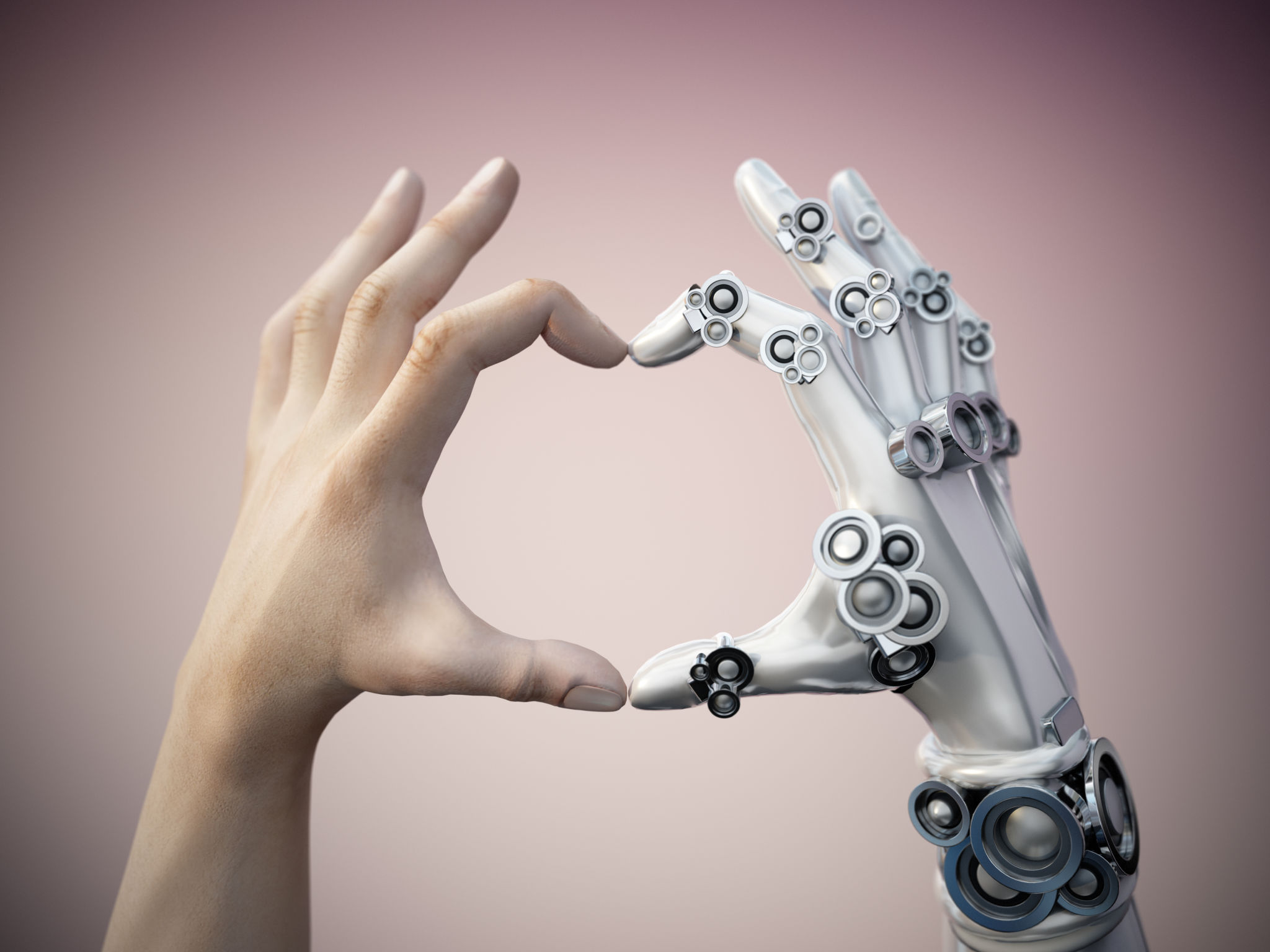The Future of AI: Trends Shaping the Industry
Introduction to AI's Future
The future of artificial intelligence (AI) holds immense potential to revolutionize various industries. As technology continues to advance, AI is expected to become more integrated into our daily lives, driving innovation and efficiency. In this blog post, we'll explore the key trends shaping the AI industry and what they mean for the future.

AI in Healthcare
One of the most promising areas for AI is healthcare. AI technologies are being developed to diagnose diseases, personalize treatment plans, and even predict patient outcomes. This trend is expected to enhance the quality of care while reducing costs. With AI-powered tools, healthcare professionals can make more informed decisions, ultimately improving patient outcomes.
Furthermore, AI is playing a crucial role in drug discovery. By analyzing vast datasets, AI can identify potential drug candidates faster than traditional methods, accelerating the development of new treatments.
AI and Automation
Automation is another field where AI is making significant strides. From manufacturing to customer service, AI-driven automation is increasing efficiency and productivity. Businesses are adopting AI technologies to streamline operations, reduce human error, and lower operational costs.

This trend is not limited to industrial applications. AI is also being used to automate mundane tasks in everyday life, such as scheduling appointments or managing emails. As AI becomes more sophisticated, the scope of automation will continue to expand, transforming the way we work and live.
Natural Language Processing (NLP)
Natural Language Processing (NLP) is one of the most exciting AI advancements. NLP enables machines to understand and process human language, making interactions with technology more intuitive. This is evident in the rise of virtual assistants like Siri, Alexa, and Google Assistant.
As NLP technology improves, we can expect more seamless communication between humans and machines. This will lead to enhanced user experiences and open new possibilities for applications in education, customer service, and beyond.

Ethical Considerations
As AI technologies become more pervasive, ethical considerations are increasingly important. Issues such as data privacy, algorithmic bias, and job displacement need to be addressed to ensure that AI is developed and deployed responsibly.
Industry leaders and policymakers are working together to create guidelines and regulations that promote ethical AI use. The focus is on creating transparent and fair AI systems that respect individual rights and contribute positively to society.
Conclusion
The future of AI is filled with opportunities and challenges. As these trends continue to evolve, they will shape the way we interact with technology and each other. By staying informed and proactive, businesses and individuals can harness the power of AI to drive innovation and create a better future for all.
